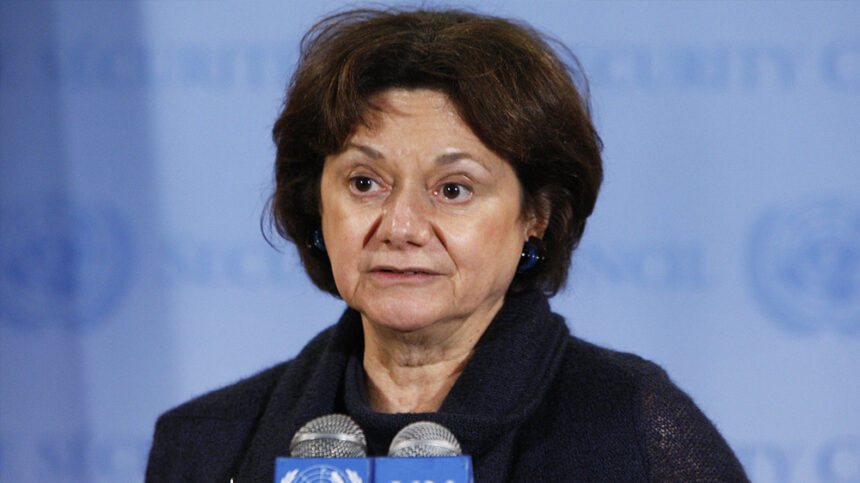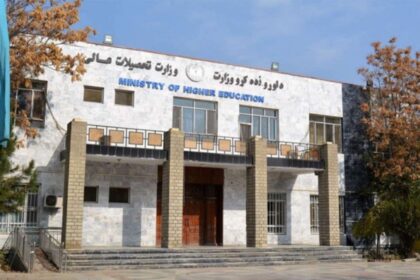RASC News Agency: Rosemary DiCarlo, the United Nations Under-Secretary-General for Political and Peacebuilding Affairs, has cautioned that the Taliban’s Command and Prohibition Law will have severe repercussions for Afghanistan and could hinder the country’s reentry into the international community. In a post on X this morning Monday, August 26, she remarked that this law further curtails human rights and freedoms, particularly those of women.
The Taliban’s Command and Prohibition Law is among the most contentious legislations they have enacted. Under this law, women face stringent restrictions, their voices are deemed ‘awrah’ (something to be concealed), and covering their faces is mandated. The enactment of this law has provoked widespread condemnation, with Afghanistani women, men, and the international community denouncing it as oppressive and restrictive.
The UN Under-Secretary-General described this law as a violation of human conscience. Recently, the Taliban leader officially ratified this law, which is now in effect. Article 13 of the law, which specifically addresses women’s hijab, mandates that women must cover their entire bodies and considers their voices to be ‘awrah.’
According to this law, Nowruz, Yalda Night, fireworks, shaving or trimming beards beyond a fistful, wearing neckties, and hairstyling are deemed contrary to Islamic Sharia. It also classifies women’s voices being heard outside their homes and the viewing of images or videos of living beings on computers and mobile phones as ‘specific prohibitions,’ which the enforcers are tasked with preventing.
The ratification of this law has sparked widespread backlash, with various countries urging the Taliban to lift the restrictions imposed on women and girls. This law has been widely condemned as primitive and far removed from Sharia by many.






